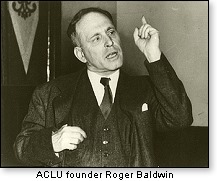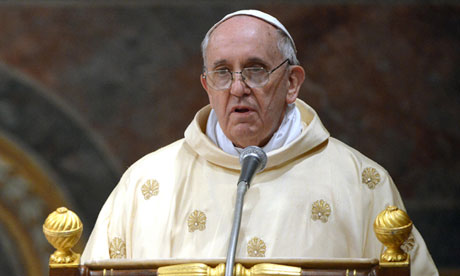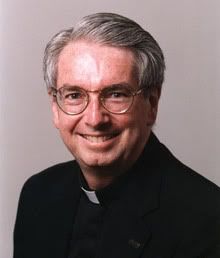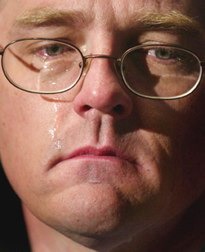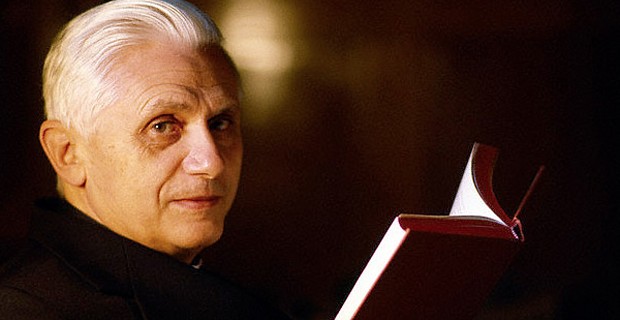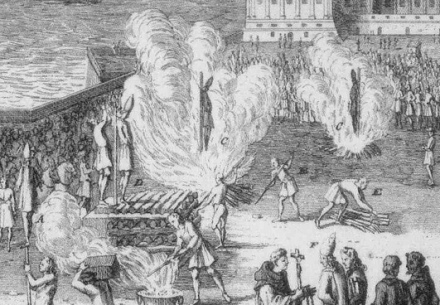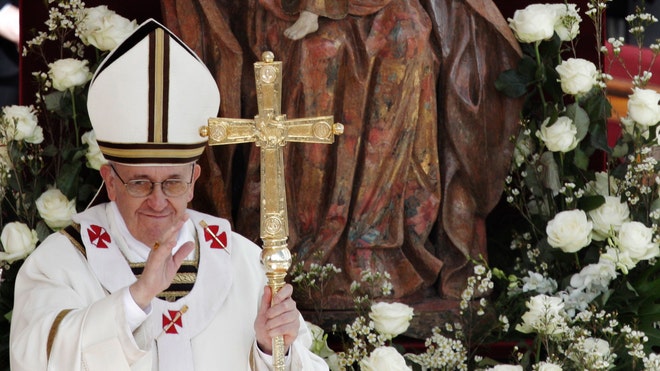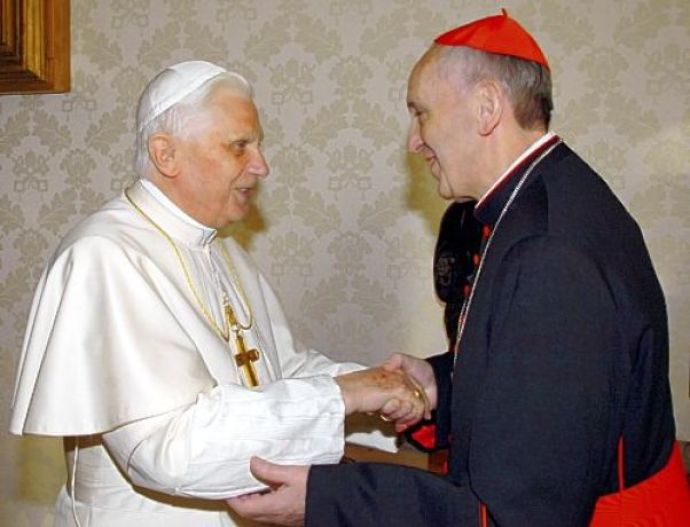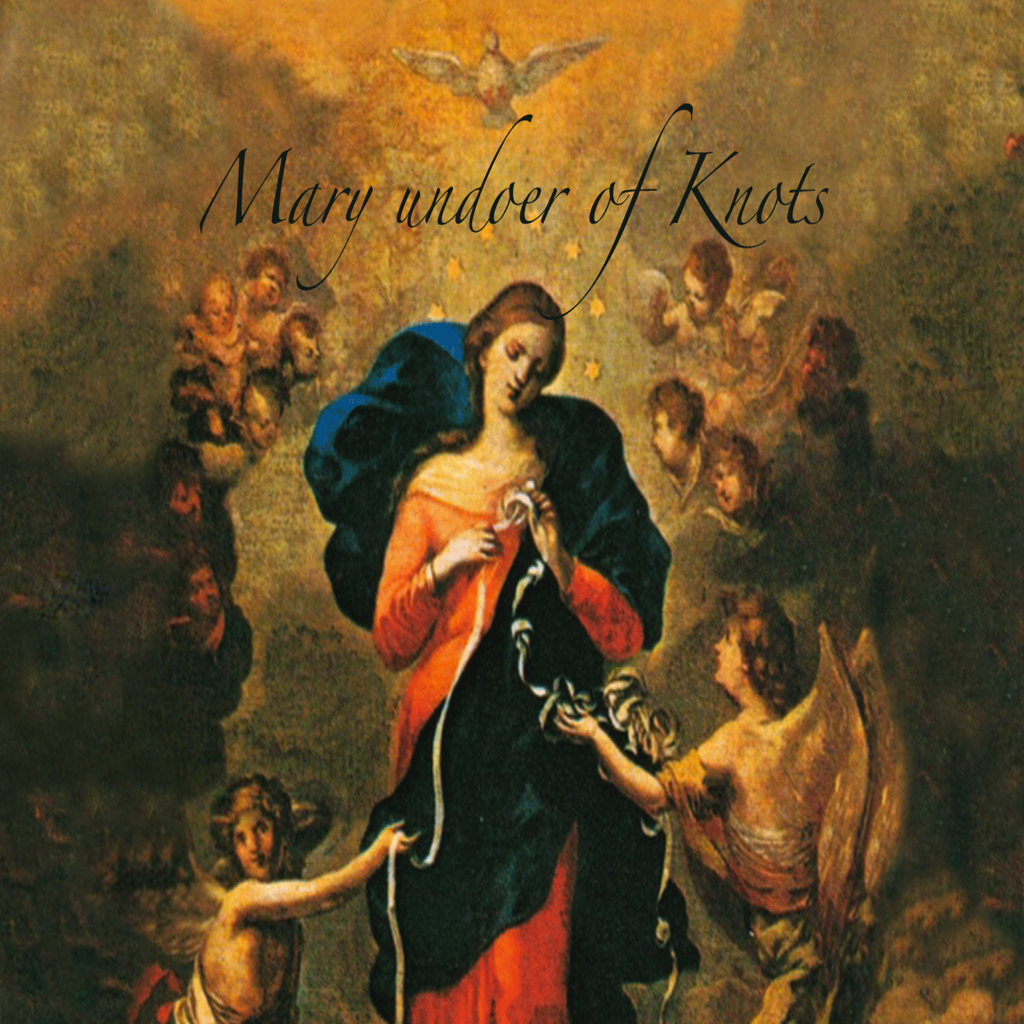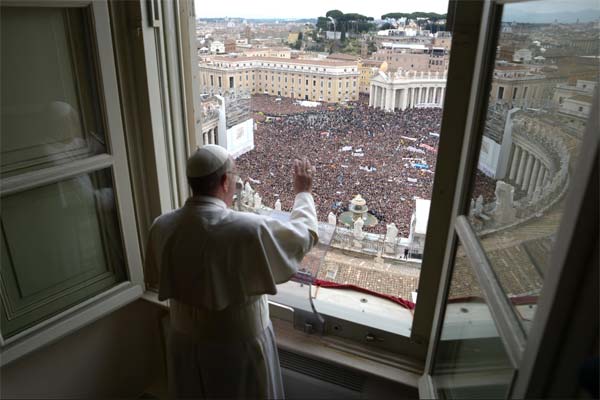Mike Quigley (IL-5) earned a law degree from the
Loyola University School of Law. He also served as an adjunct professor
of political science at Loyola University Chicago lecturing on politics,
the environment and local government. Quigley referred to a bill that
would have limited abortion to the first 20 weeks of pregnancy in
Washington, D.C., as
“especially cruel.”
Zoe Lofgren (CA-19) graduated from the University of Santa Clara School of Law in 1975. Ranked 100 percent by NARAL, Rep. Lofgren
reportedly voted against the ban on partial-birth abortion.
Sam Farr (CA-20) graduated from Willamette University
in Salem, Oregon, and attended the Monterey Institute of International
Studies and the University of Santa Clara. Rep. Farr
voted against the ban on partial-birth abortion.
Pete Visclosky (IN-1) earned a Juris Doctoris from the
University of Notre Dame Law School, and a Master of Laws in
International and Comparative Law from Georgetown University Law Center.
He also earned a 100 percent NARAL rating in 2011. He also, according
to
VoteSmart,
voted against a bill that would have prohibited abortions based on the
race or gender of the fetus and voted twice against the proposal to
block Planned Parenthood from receiving any federal funds.
Steny Hoyer (MD-5) earned his J.D. from Georgetown University Law Center in Washington, D.C., in 1966.
NARAL endorsed Rep. Hoyer in its 2012 Election Guide.
Chris Van Hollen (MD-8) is a graduate of the Georgetown University Law Center. On the House floor,
VanHollen said,
“A woman’s right to choose her own healthcare is a fundamental one, and
the Congress should not tell women how to manage their health or
reproductive care.”
Ed Markey (MA-5) attended Boston College (B.A., 1968) and Boston College Law School (J.D., 1972). He
reportedly voted against the partial-birth abortion ban.
Mike Capuano (MA-7) received a Bachelor of Arts from
Dartmouth College in 1973, and a law degree from Boston College Law
School in 1977. He was endorsed in the
NARAL Pro-Choice Voter Guide.
Stephen Lynch (MA-8) graduated from Boston College
Law School in 1991. While Lynch states that he’s pro-life, he voted
against banning federal health coverage that includes abortion, he voted
for expanding embryonic stem cell research,and according to the
National Right to Life Committee, Lynch voted against the District of
Columbia Pain-Capable Unborn Child Protection Act (H.R. 3803) that would
have restricted abortions after 22 weeks of pregnancy in Washington,
D.C. He received a 55 percent rating on a National Right to Life
scorecard, according to
On the Issues.
Bill Keating (MA-9) attended Boston College where he
received his B.A. and Masters in Business Administration. Rep. Keating
earned a 100-percent score in NARAL Pro-Choice America's 2011
Congressional Record on Choice and earned the pro-abortion rights
group’s
endorsement in 2012.
Gary Peters (MI-14) earned an M.B.A. in Finance from
the University of Detroit Mercy. Rep. Peters earned a 100-percent score
in NARAL Pro-Choice America's 2011 Congressional Record on Choice and
was
endorsed by the abortion advocacy group in 2012.
John Dingell (MI-12) finished his military service
in the fall of 1946 to attend Georgetown University where he studied
chemistry. He continued his studies at Georgetown Law School, graduating
in 1952. Rep. Dingell earned a 100-percentscore in NARAL Pro-Choice
America's 2011 Congressional Record on Choice.
Dingell was
quoted
saying,
“I have voted to protect a woman's right to choose under Roe v.
Wade and will continue to fight to uphold this constitutionally
protected right.”
Bill Pascrell Jr. (NJ-9) earned a bachelor’s degree
in journalism and a master’s degree in philosophy from Fordham
University in the Bronx, N.Y. Rep. Pascrell has
reportedly received 100 percent ratings from NARAL Pro-Choice America since 2006.
Albio Sires (NJ-8) received a four-year basketball
scholarship from St. Peter’s College. Rep. Sires earned a 100-percent
score in NARAL Pro-Choice America's 2011 Congressional Record on Choice.
Tim Bishop (NY-1) holds a BA in History from Holy
Cross College in Worcester. Rep. Bishop earned a 100-percent score in
NARAL Pro-Choice America's 2011 Congressional Record on Choice.
Jerrold Nadler (NY-10) is a graduate of Columbia
University and Fordham Law School. Rep. Nadler earned a 100-percent
score in NARAL Pro-Choice America's 2011 Congressional Record on Choice.
Bill Owens (NY-21) is a 1974 graduate of Fordham
University School of Law. Rep.Owens earned a 100-percent score in NARAL
Pro-Choice America's 2011 Congressional Record on Choice. He
reportedly voted against the Prenatal Nondiscrimination Act which would ban aborting children based on their sex.
David Cicilline (RI-1) earned a law degree from the
Georgetown University Law Center. Rep. Cicilline earned a 100-percent
score in NARAL Pro-Choice America's 2011 Congressional Record on Choice.
Peter Welch (VT) graduated magna cum laude from the
College of the Holy Cross in 1969. Rep.Welch earned a 100-percent score
in NARAL Pro-Choice America's 2011 Congressional Record on Choice. He
voted against
banning sex-selective abortions.
Bobby Scott (VA-3) is a graduate of Boston College
Law School. Rep. Scott earned a 100-percent score in NARAL Pro-Choice
America's 2011 Congressional Record on Choice.
Jim Moran (VA-8) attended the College of the Holy
Cross and was awarded a B.A.in economics in1967. Rep. Moran earned a
100-percent score in NARAL Pro-Choice America's 2011 Congressional
Record on Choice. Jim Moran wrote just last year on the
ProChoice Virginia
website,
“I will continue to strongly advocate for abortion rights for
women. This is an issue of great personal conscience that should be free
of government interference. The Supreme Court has proclaimed its
legality; the rest should be left to a woman, her family and her
physician.”
Adam Smith (WA-9) graduated from Fordham University
in 1987 with a degree in Political Science. Rep. Smith earned a
100-percent score in NARAL Pro-Choice America's 2011 Congressional
Record on Choice and won Planned Parenthood’s
endorsement in 2012.
Gwen Moore (WI-4) earned a B.A. in Political Science
from Marquette University. Rep. Moore earned a 100-percent score in
NARAL Pro-Choice America's 2011 Congressional Record on Choice. Planned
Parenthood
endorsed Gwen Moore in the 2010 general election.
The incoming freshman in the 113th session of Congress:
Jared Huffman (CA-2) graduated cum laude from Boston
College Law School in 1990.As a state representative, Huffman earned a
100-percent rating from NARAL Pro-Choice California in 2009. According
to his campaign website, “Jared is firmly pro-choice and has a long
track record of fighting for women’s rights.”
Juan Vargas (CA-51) graduated magna cum laude with a
BA from the University of San Diego and earned an MA in Humanities from
Fordham University in New York.After college, Vargas, according to
his website,
joined the Jesuit Novitiate (introduction) in Santa Barbara. After
leaving the Jesuits, he decided on law school and graduated in 1991 with
a JD from Harvard Law School, making him a classmate of President
Barack Obama. As a state senator, Vargas earned a 100-percent score from
NARAL Pro-Choice California from 2003 to 2006.
Lois Frankel (Fl-22) earned a law degree from
Georgetown University Law Center in 1973. NARAL Pro-Choice America PAC
endorsed Frankel. Frankel also touted the endorsement of Planned
Parenthood on her own
campaign website.
John Delaney (MD-6) is a graduate of Georgetown
University Law School. NARAL described Delaney as
“pro-choice” on their
website. According to OntheIssues.com, Delaney
voted for public funding of abortion.
Ann Mclane Kuster (NH-2) graduated from Georgetown
University Law Center in 1984. She was endorsed by EMILY's List in 2012.
Kuster, according to a
New Hampshire local news outlet,
“strongly supports a woman's right to choose. She has been endorsed
over her opponents in this campaign by every major pro-choice
organization.”
Hakeem Jeffries (NY-8) Jeffries holds a Master's Degree in Public Policy from Georgetown University. NARAL describes him as “pro-choice.”
Link (here) to The Cardinal Newman Society

